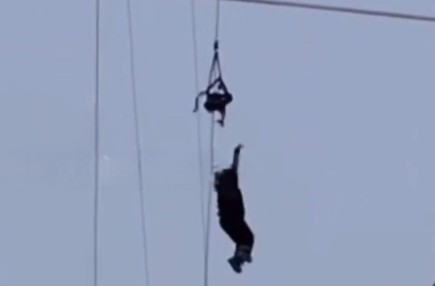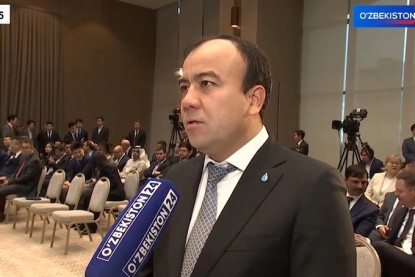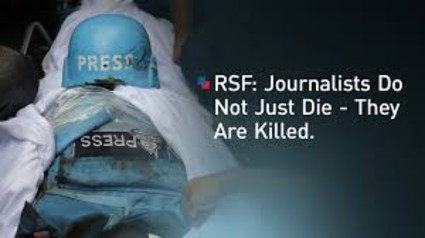Starting from April 1, residents of other provinces could no longer be required to have local residence inscription (propiska) to buy real estate in Tashkent city and the Tashkent province. This is provided for the draft 2020 State Program.
The Cabinet of Ministers will be required before April 1 to amend the legislation, providing, inter alia:
- gradual removal barriers related to the residence registration (propiska) procedure;
- digitalization of registration processes based on the one stop principle;
When developing the Uzbekistan Urbanization Development Concept until 2030, it is planned to identify the largest cities to turn them into metropole cities, like Tashkent.
Earlier on January 24, the President Shavkat Mirziyoyev in his address to the parliament ordered to reform the propiska system. He compared the propiska system to the “state’s shackling own people in chains”, noting that this problem had not been resolved for the last 30 years.
While, at the beginning of 2018, Uzbekistan also presented a reform program for the year 2018 with the 56th item on cancelling the propiska or residential permit system by March 20, 2018, which became the subject of heated discussions among Uzbek politicians, journalists, and population.
The move was welcomed and understood as the new administration’s continued dismantling of the old system. However, the March 20 deadline came and went, but the restrictions remained. Hopefully this time around the authorities will keep their promise and scrap this unconstitutional and dividing practice.
In Uzbekistan, the propiska is a compulsory domicile legally tying a person to the address stamped in a passport. An individual is required to live and work in the city or town which their propiska indicates. Children can receive public education only at the location their parents have their propiska. Failure to produce an adequate propiska can lead to a fine. This practice, inherited from the Soviet period, is maintained in other former Soviet countries as well, but the stringency and enforcement of the regulation in Uzbekistan, more specifically in Tashkent and the Tashkent province, is among the most strict.














